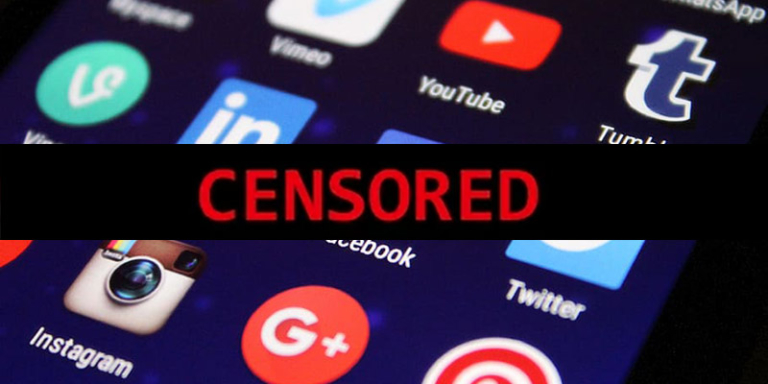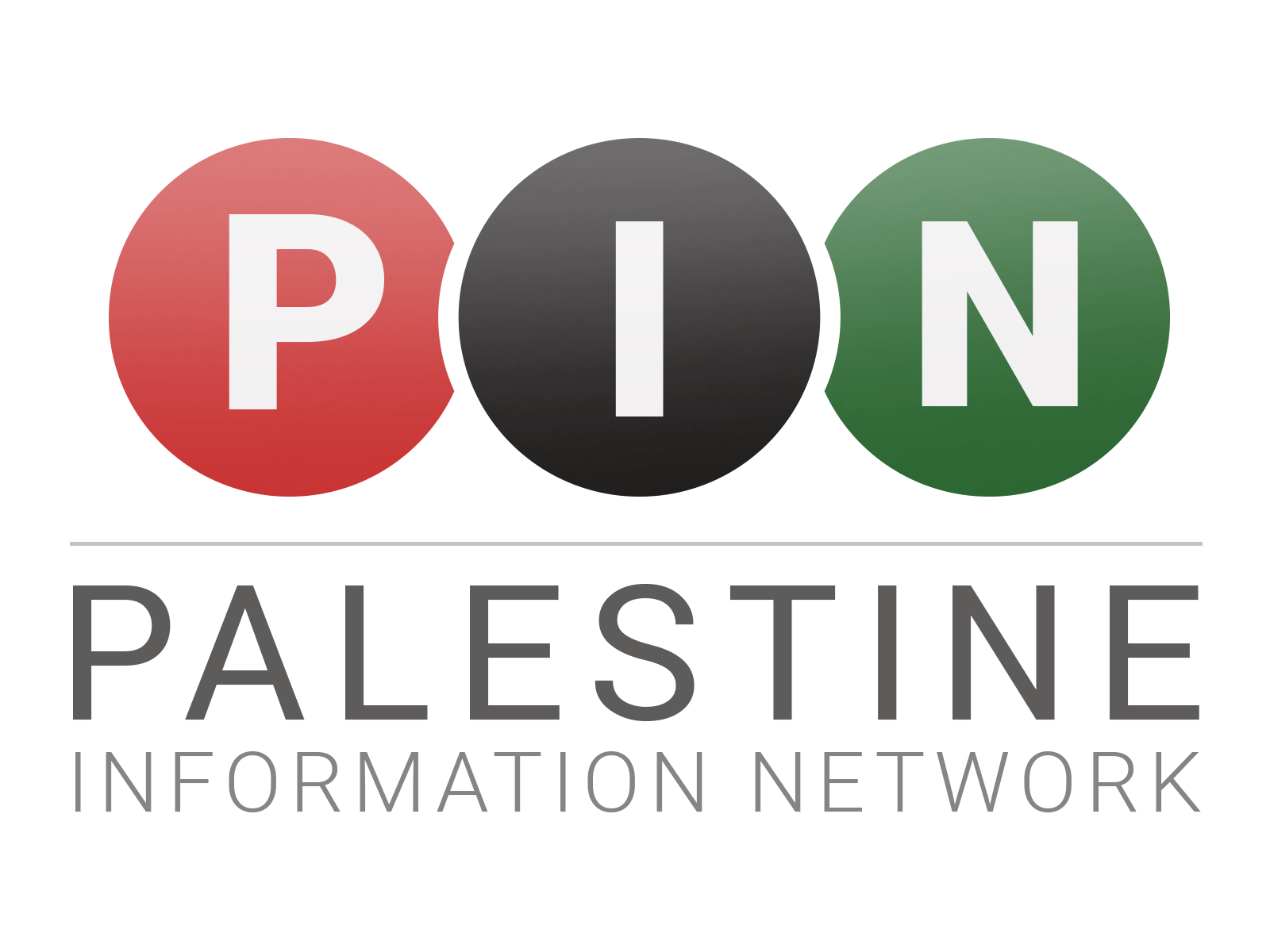
Ebrahim Moosa | Palestine Information Network
December 2021
On November 21, Palestinian activist and scholar from Al-Quds, Fadi Abu Shakhdim (42) was martyred as he embarked on a resistance operation in the Old City of Jerusalem that also left a South African-born Israeli army reservist dead.
In the immediate aftermath of the attack, in addition to witnessing Israel resort to its usual arsenal of discriminatory measures such as closure of Masjid al-Aqsa and its surroundings, arresting activists, harassing family members of the deceased, and intensifying searches, came another swipe at Palestinian expression from a now notorious quarter.
Social media giant Facebook, now known as Meta, took down the pages of Al-Qastal and Maydan Al-Quds, two Palestinian media houses that report on daily happenings in Bayt al-Maqdis from a Palestinian perspective, highlighting local heritage and focusing on Israeli violations in the city. Couched in the language of ‘violating community standards,’ it was a cowardly blow on grassroots expression and professional journalism of Palestinians, that has been a catalyst for the likes of such pages fostering a global interest in al-Quds and garnering millions of followers.
For Palestinians in the Occupied Holy City it meant that the assault was being compounded, just as they were dealing with the fallout of another bloody loss of their own. At the same time, it revealed an emerging reality with regard to status quo in Palestine that has become all the more accentuated since the landmark events of the past Ramadan.
As media observers noted then, what occurred at the time in popular discourse “represented a tidal change in global sentiment towards Palestine.” What was witnessed was a “rising global awareness of and sympathy for the plight of the Palestinians and a horror of Israel’s use of its military power and dominance.”
A key impetus suggested for this was the rise of social media which was identified as having “broken down the mainstream media’s capacity to be the gatekeeper” for international coverage and setting the agenda relating to Palestine. “Social media had given voice to ordinary Palestinians in a way that did not happen before, and allowed the widespread dissemination of horrific images from ordinary citizens on the ground.”
Israel is acutely aware of this diagnosis and the implications for its illegal Occupation, and it by no coincidence that recent months have seen an intensification in digital aggression against the Palestinians.
Sada Social Center, a West Bank based social media watchdog, documented 91 social media enterprise violations against Palestinian content in November alone, with Meta emerging as a prime offender. In just the past year, Facebook banned over 350 Palestinian pages, while at the same time keeping intact thousands of Israeli ones which openly accommodate hate speech and racism.
Facebook has been shown to have a secret blacklist upon which its algorithms depend, in censoring Palestinian content. In 2016 it was reported that the Israeli government and Facebook had agreed to “work together to determine how to tackle incitement on the social media network.” Israel routinely makes requests for Facebook to remove content it disagrees with, and its calls are regularly heeded. Facebook’s oversight board, which deliberates on the platform’s content decisions, also includes a former director-general of the Israeli ministry of justice.
These and other recent Israeli digital salvos reveal the extent of a renewed, coordinated assault on Palestinian rights, and the complicity of Big Tech in the suppression of Palestinians.
Supporters of justice in Palestine have their work cut out to ensure that the voice of justice continues to ring out loud.
